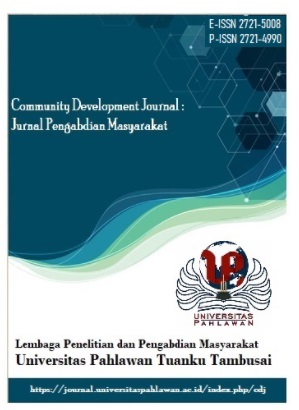EXPLORATION OF ENGLISH LEARNING PREFERENCES FOR ECONOMICS STUDENTS
DOI:
https://doi.org/10.31004/jrpp.v7i3.30993Keywords:
Economics Students, English Learning Preferences, ExplorationAbstract
In an increasingly globalized world, English proficiency is essential for economics students to access international resources and opportunities. This study aims to explore the specific English learning preferences of economics students to develop more effective educational strategies. Utilizing a qualitative research method with a multi-case design, data was collected through semi-structured interviews, focus group discussions, and document analysis, with informants selected through purposive sampling. The findings reveal a strong preference for integrating English learning with economics content, the need for specialized vocabulary and context-specific materials, and a favoring of interactive, practical learning activities. Students also highlighted the importance of effective instructors and robust institutional support in their language learning journey. Challenges such as varying levels of English proficiency and time constraints due to demanding coursework were also identified. The study concludes that tailored educational approaches, including interdisciplinary courses and adaptive teaching strategies, are crucial for enhancing English proficiency among economics students. These insights can inform curriculum design and pedagogical practices, ultimately supporting the academic and professional success of economics students in a global context.Downloads
Published
How to Cite
Issue
Section
License
Copyright (c) 2024 Evi Agustin

This work is licensed under a Creative Commons Attribution-ShareAlike 4.0 International License.






